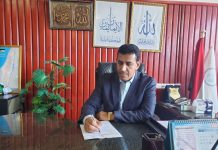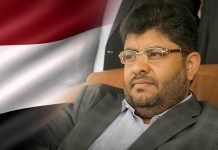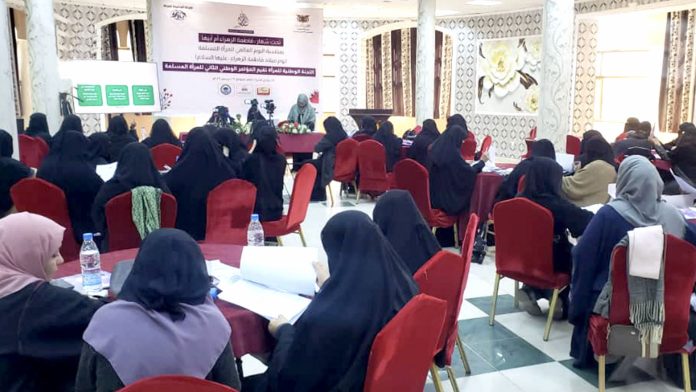The Second National Conference of Muslim Women was held in Sana’a on Sunday to commemorate the anniversary of the birth of Fatima al-Zahra, under the theme “Al-Zahra, the Mother of Her Father.”
Organized by the National Committee for Women, the conference aimed to address critical issues concerning women, focusing on their economic and social conditions, challenges, and strategies to confront the ongoing “soft war” against them.
Dr. Ghada Abu Talib, head of the National Committee for Women, opened the conference by linking the event to the International Day of Muslim Women and the anniversary of Fatima al-Zahra’s birth, a symbol of nobility, faith, and moral excellence.
Dr. Abu Talib highlighted the violations of women’s rights in Yemen and Palestine by global powers, such as the United States and Israel, which have been targeting Muslim women as part of their broader hegemonic efforts.
The conference featured six working papers:
The first paper, presented by Dr. Abu Talib, discussed the directives from Sayyed Abdulmalik al-Houthi, emphasizing the importance of continued Yemeni support for Gaza, especially as it faces abandonment from the Arab world.
The second paper, by Sumaia al-Taifi, highlighted the role of the media in exposing aggression crimes and the significant contribution of Yemeni media in raising awareness.
The third paper, by Latifa al-Rajawi, focused on the challenges faced by women with disabilities and their inspiration drawn from Fatima al-Zahra.
The fourth paper, by Yusra Issa, discussed the threat of the soft war and the crucial role Muslim women play in this context.
The fifth paper, by Ahlam al-Azab, covered the role of women in environmental protection and combating climate change.
The sixth paper, by Funun Mujali, addressed the importance of women in agriculture and self-sufficiency, emphasizing the need to return to agricultural practices for sustainability.
At the conclusion of the conference, participants stressed the importance of educating women about the conflict with Israel and supporting the missile force. They also recommended intensifying awareness programs, rebuilding society based on Qur’anic principles, and addressing the hardships faced by Yemeni women due to the ongoing aggression and siege.
In a show of solidarity, the conference included a message from a media figure in southern Lebanon praising the resilience of Yemeni women in confronting the aggression, alongside a review of the achievements of the National Women’s Committee.
Participants also advocated for better support for people with disabilities and rural women, particularly in the areas of agriculture and livestock, to promote self-sufficiency.




















